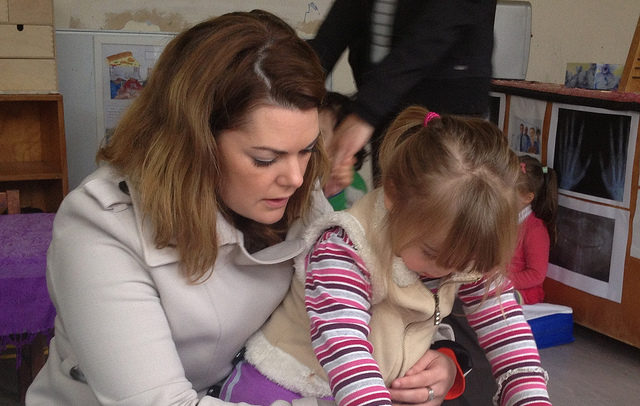The Importance of Play-Based Learning

Studies from expert boards have shown how the number of people who have chosen to homeschool their children have significantly increased between the years 2020 and 2021. It has almost doubled when compared to the number of homeschooled children in the previous year.
The major reason for this sudden spike in homeschooled children is the parents’ desire to have a sense of control over their children, especially with the health uncertainty across the globe. And, in truth, most parents have done a commendable job in terms of educating their children.
For parents who might be tempted to write off play-based learning from their child’s homeschooling curriculum, don’t make that decision just yet.
`You can think of play-based learning like the hands-on learning techniques which encourage children to build their independence early, and also uses a more hands-on teaching method. However, unlike most other learning techniques, play-based learning focuses more on play, much like the name suggests. It doesn’t mean that this type of learning is not concerned with the child’s educational growth in any way; rather, the system is more interested in how play and learning can go together, with more emphasis on the former.
Benefits of play learning
- Child-Led
Rather than the usual adult led learning, children will be able to set the pace to a reasonable extent in play based learning. Of course, this does not mean that adult supervision is not needed, as it is their job to set up the learning environment and guide the child.
- Encourages children’s imagination
Kids learning games encourages the child to flex their imagination, and allow the adult to understand how the child thinks. This is where patience comes in since adults must allow the child to flex their imaginative skills as much as they need to.
- Reduces the pressure of academic performance
While there is emphasis now placed on academic achievement from an early age, play based learning reduces some of this pressure by giving children back the freedom they ought to enjoy without the burden of excess school work.
- Develops social skills
Learning through play is a great way for children to grow emotionally, socially, physically, and even improve their math and language skills.
- Encourages their natural curiosity
Children are naturally curios, and while their questions might get tiring at some point, it is important that you allow them ask questions.
- Creative play sessions
If you ask your child, there can never be too much play time! You can let them have their way; in a sense, by creating themed play sessions. You can make these play sessions in accordance with the season, nature, their favorite animals, or even the city you live in. these interactive sessions will allow your kids learn more about whatever topic you are discussing. Make sure to keep the sessions fun; for example, when talking about animals, you can encourage your kids to make the animal noises, or imitate the way the animal moves.
Education, when done right, does not have to be a struggle for both you and your children. Interactive and engaging lessons will keep children well interested in learning more.
As your children continuously develop, you should switch up their activities from time to time and include new kids learning games to help them thrive. Don’t forget to heap on the encouragements and get into the fun of things with them as they experience play based learning.

